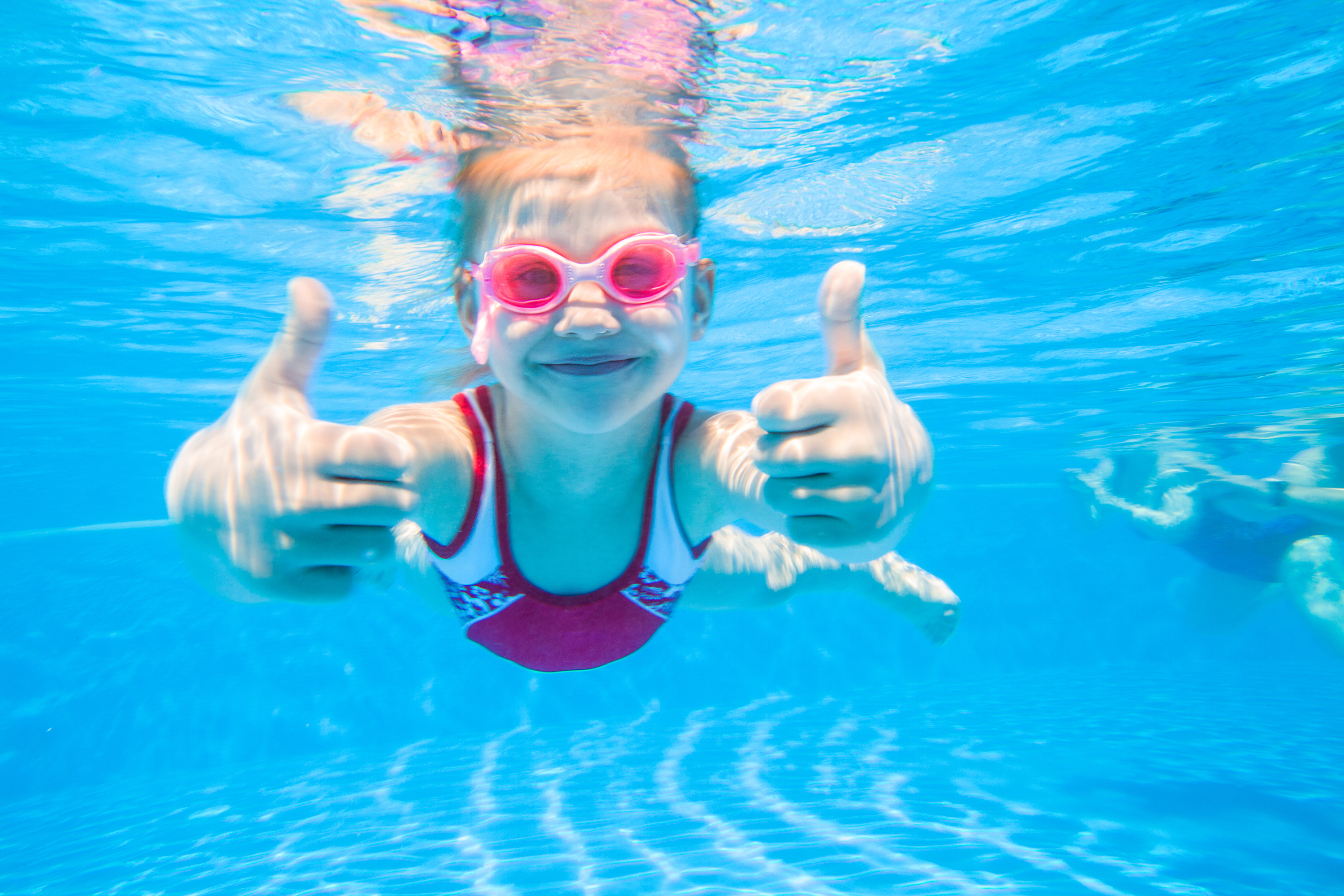
Aug 13, 2019 | Safety and Security
Summer is winding down, but there’s still plenty of time to enjoy the outdoors. For many of us, outdoor fun in the summertime means splashing around at a nearby pool or relaxing by a stream with a fishing pole in hand.
Water and electricity can be a deadly combination. At PPL Electric Utilities, we always think about safety first. Here are a few tips to stay safe from electrical risks as you enjoy the water this summer.
Swimming is a great way to cool down, but it carries dangers beyond drowning. Pools, hot tubs and spas can all be sources of electrical risks. According to the U.S. Consumer Product Safety Commission (CPSC), these hazards can come from several sources, including faulty underwater lighting; aging, uninspected (or at least not in years) electrical wiring; the use of sump pumps, power washers and vacuums that are not grounded; and, electrical appliances or extension cords that inadvertently end up in the water.
How can you keep your family safe? Ensuring that you have Ground-Fault Circuit-Interrupters (GFCIs) installed for all lighting, circuits and receptacles near water is a good first step. You also need to be aware of any sources of electricity near water. The CPSC has some good advice: “The best protection for families is inspection, detection and correction of electrical hazards in and around the swimming pools, hot tubs and spas.”
Fishing is another popular summertime activity that also carries some electrical risk. Because fishing rods and poles are made from metal, carbon fibers or similar conductive materials, contact with overhead power lines is a possibility.
If your fishing pole touches a power line, it can cause electric shocks, severe burns and even death. To stay safe, always “look before you hook.” Be aware of your surroundings and don’t get too close to overhead power lines when you’re fishing, or when you’re carrying your pole to or from a fishing spot.
Another safety tip is to make sure you unpack, set up and put away your equipment at the water’s edge, not in the water itself.
For more information on electrical safety, visit the websites of the CPSC or the Electrical Safety Foundation International (ESFI). You can also check out our PPL Electric Utilities website, or follow us on Twitter, Facebook or Instagram. We’re always sharing valuable tips about electrical safety, energy efficiency and much more.
Stay safe and enjoy the rest of the summer!
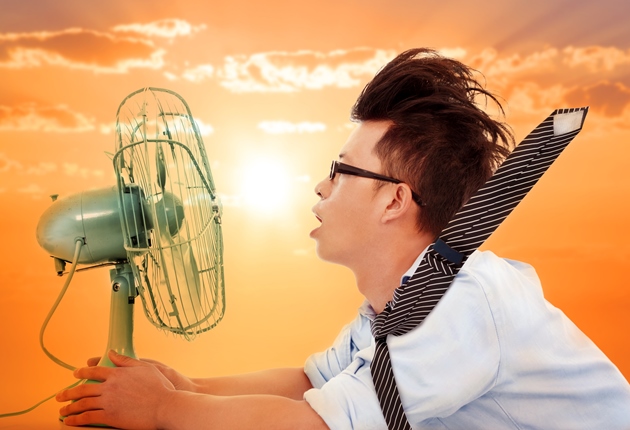
Jul 16, 2019 | Energy Efficiency
The dog days of summer are here, and the temperatures are sizzling. ☀️ No sweat … we’re here with tips to help you beat the heat.
You can save energy and money, even in extreme heat, with our energy efficiency tips:
- Make sure your drapes and shades are pulled down during the day to block the hot sun.
- Wear light clothing and set your thermostat between 72 and 78 degrees. You’ll save energy for every degree higher you can set your thermostat.
- Try not to use large appliances like dishwashers, stoves, washers and dryers during the warmest hours of the day. Incandescent light bulbs also produce heat, so switching to cooler and more efficient LED bulbs is a smart choice.
- Ceiling fans cost far less to use than air conditioners, but only turn them on in rooms that are occupied.
The National Weather Service reports about 175 Americans die from extreme heat in a normal year. Older adults, children and sick individuals are at greater risk from extreme heat.
Here are some tips to stay safe during the hottest days:
- Find a cool place with air conditioning and check on your at-risk family members or neighbors.
- Drink plenty of cool, non-alcoholic beverages.
- Never leave people or pets in a closed car.
- Avoid strenuous activity.
- If you are outside, find shade and wear a hat big enough to protect your face.
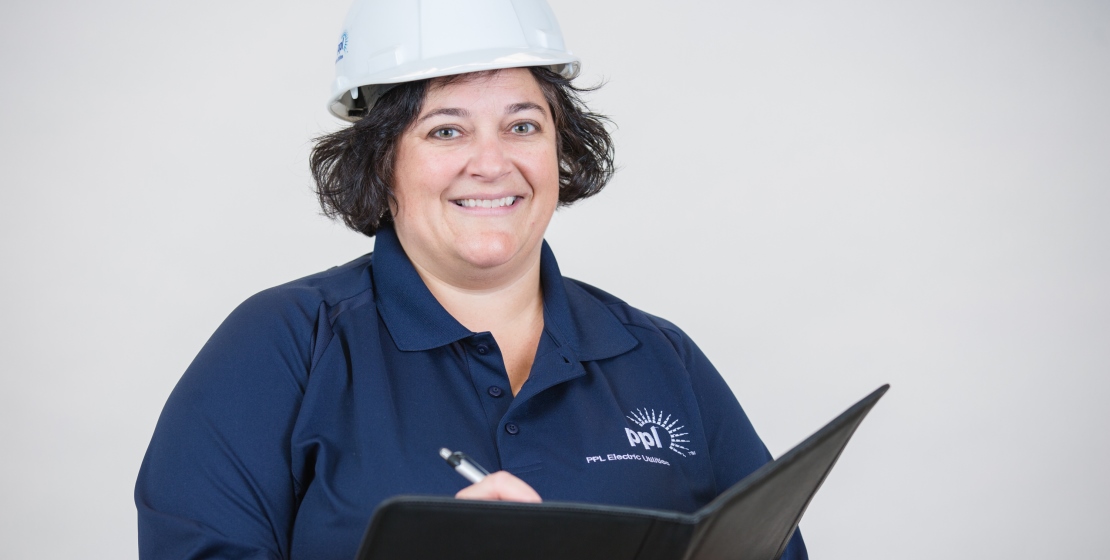
Jul 8, 2018 | Safety and Security
This tip appears in the July 2018 issue of Connect, our customer newsletter. We’re reprinting it here because it’s good safety advice.
Q. My buddy is a do-it-yourselfer and never bothers to turn off the circuit breakers when he’s working on an electrical outlet. How can I explain to him how dangerous this is?
A. Consider that a very small amount of electricity — less than 50 milliamps — can be enough to stop someone’s heart. A 15-amp circuit breaker in his house won’t trip and stop the flow of electricity until 300 times that amount, or 15,000 milliamps, is traveling through his body. Tell your friend to shut off the breaker, and test the outlet, before doing any work. It could be a life-saver.
Have a question for our energy expert? Email us at connect@pplweb.com.
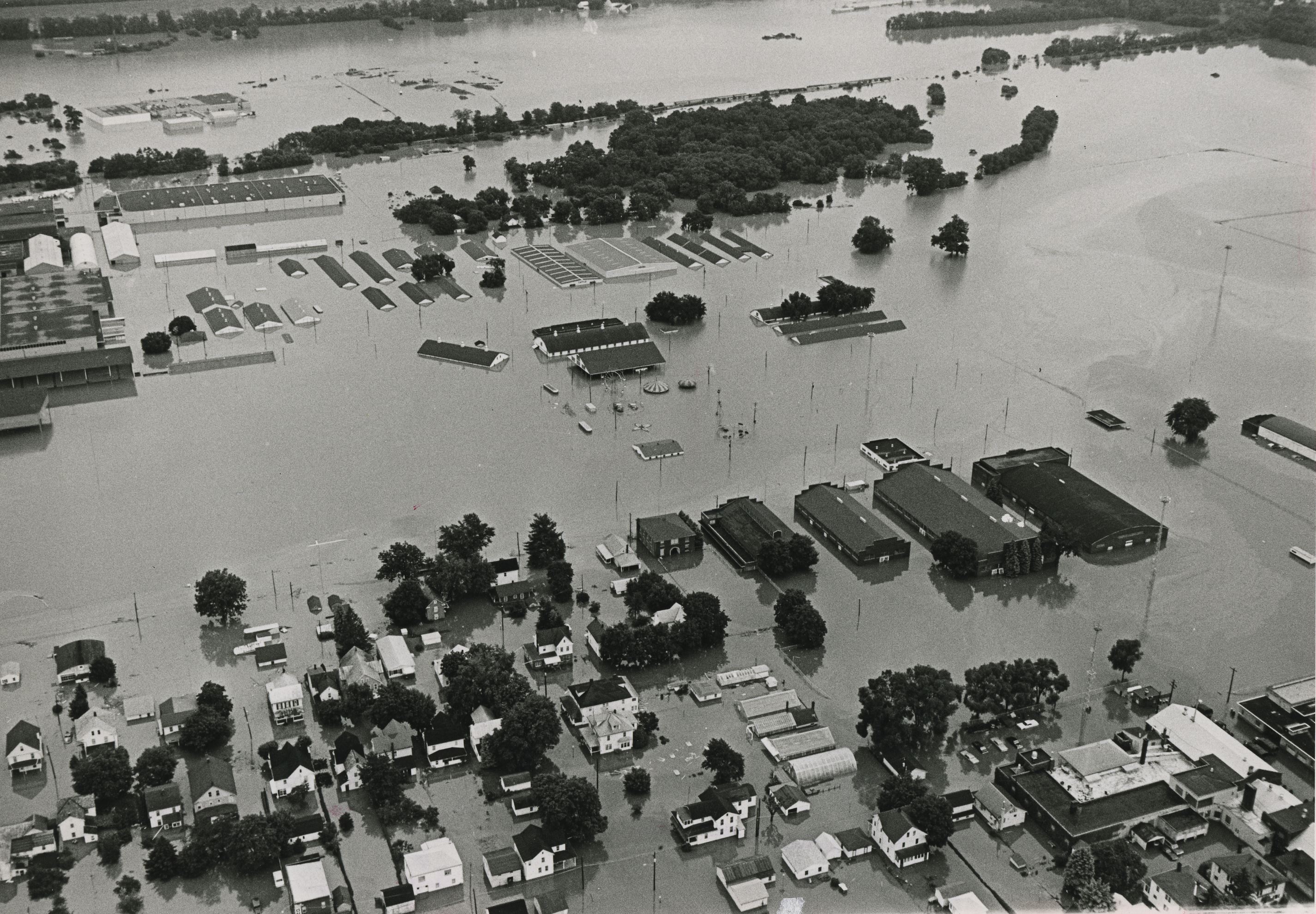
Jun 1, 2018 | Safety and Security
Shown above: The Bloomsburg Fair following Hurricane Agnes, June 1972.
Hurricane season starts June 1 and continues into the fall. And while we might think of the warm tropics when we think of hurricanes, experience shows these storms can have a big, destructive impact here in Pennsylvania.
Here are six tips to help you ride out any storm:
1: Prepare an emergency kit. Or, if you made a kit years ago and haven’t checked it since, there’s no better time to update it. Kits should include bottled water; first-aid supplies; non-perishable food, pet supplies, and more. Visit our website for more info.
2: Make medical arrangements. If you rely on powered medical equipment, you should have a battery backup, a generator, or a firm plan of where you’d go for help in case of a sustained power outage.
3: Set your PPL Alerts. In the event of an outage, our alerts will keep you posted on estimated restoration times as they become available. You can get the info by phone, email, text, or any combination. Visit pplelectric.com/alerts to customize your alert preferences.
4. Be aware of the weather. Regularly check weather information so you’re aware of what’s in the forecast.
5. Have flashlights ready. Candles aren’t a great choice during outages because they create a fire risk. We recommend having a few flashlights on hand – and some spare batteries for them.
6. Do it now. This might be the most important tip of all. Take steps to prepare now, while the weather is clear. When a big storm is moving in, you’ll be thankful you did.
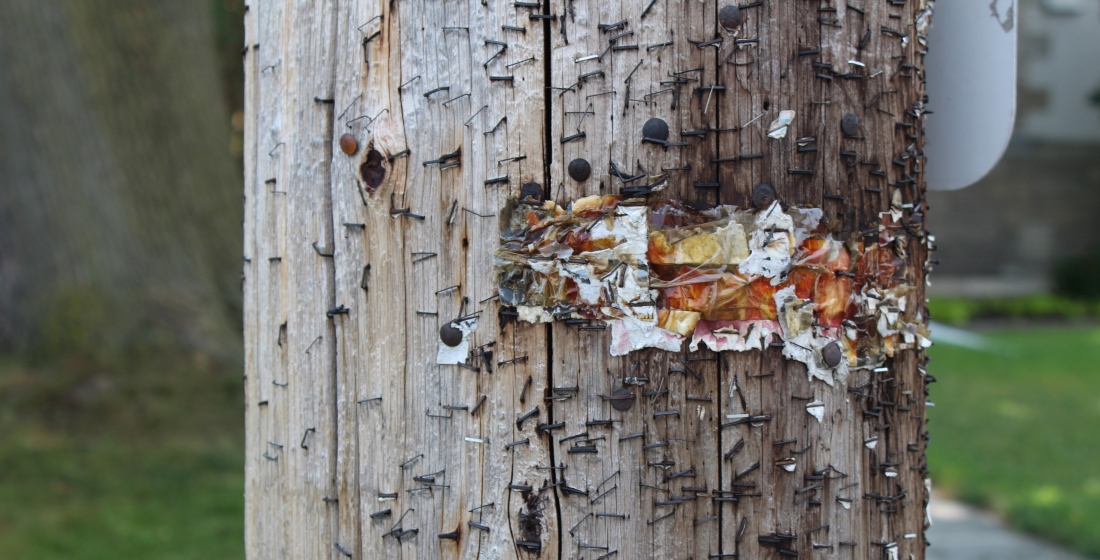
Dec 2, 2017 | Safety and Security
Thinking about promoting your yard sale, band concert, or campaign for township supervisor by posting signs on utility poles?
Please don’t.
Posting signs or posters on utility poles is unsafe and, in many cases, illegal. Our line workers can be injured if their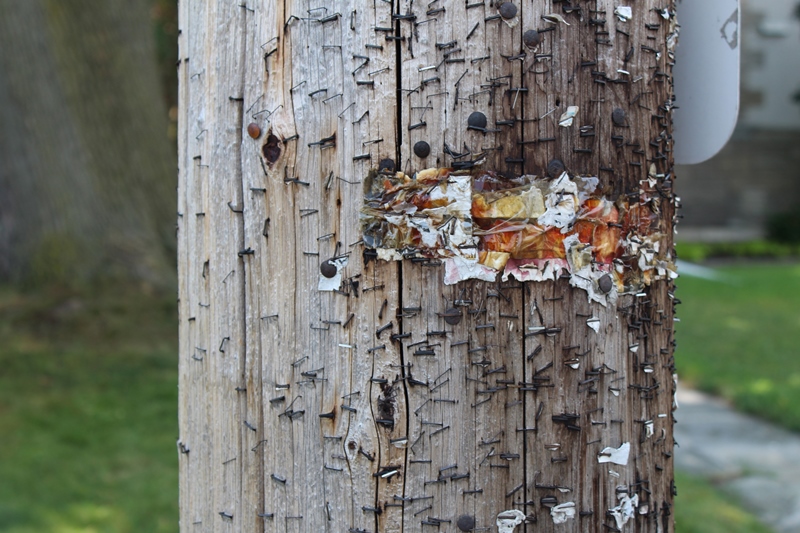 climbing hooks strike a nail, tack or staple that has been hammered into a pole. The fasteners also could tear the rubber equipment our workers wear to protect against electrical shock.
climbing hooks strike a nail, tack or staple that has been hammered into a pole. The fasteners also could tear the rubber equipment our workers wear to protect against electrical shock.
Section 6905 of the Pennsylvania Crimes Code makes it a summary offense to drive a nail or tack into a utility pole. (Don’t believe us? You can read it here.)
Even if the posters are affixed with tape or string, they can still cause problems. The signs can hide identifying markers on poles, slowing our efforts to locate the source of trouble in the event of a power outage.
In addition, many communities have laws prohibiting the posting of signs or posters on poles by any means. (Some communities are cracking down on these postings, as seen in this WBRE/WYOU news story from November 2017.)
We know our poles appear to be a high-visibility place to post messages. But when you do that, you’re putting our workers at risk, and most likely breaking the law. So, again, please don’t.
Our line workers thank you.






